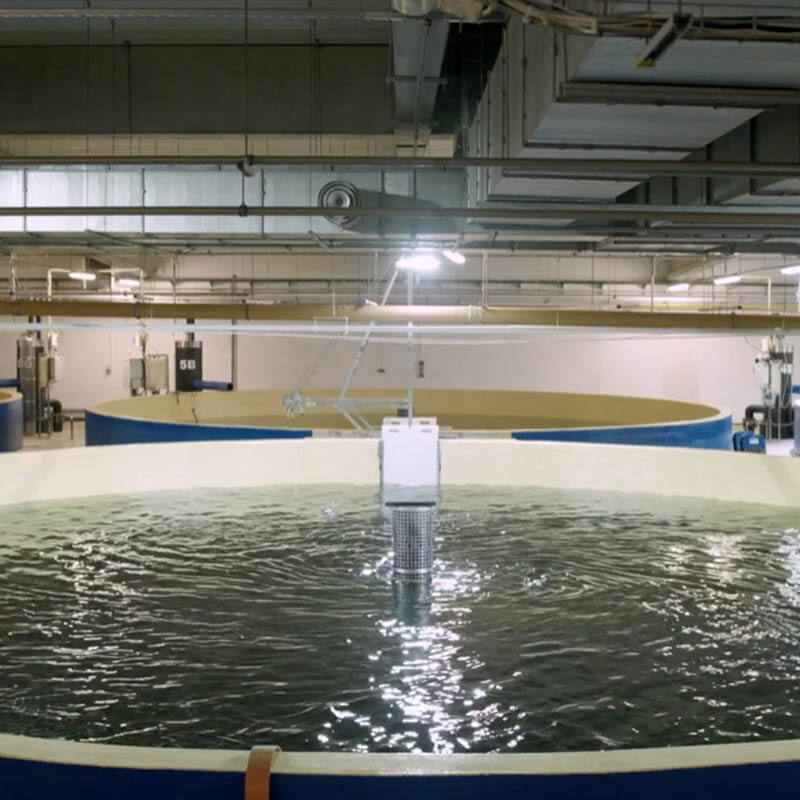 ×
×
There is also a special kind of fish in the world and that is tilapia. Have you heard of it before? Tilapia has also been around for many years and it is actually one of the most widely consumed fish in the world for its delicious taste and ability to be sustainably farmed. Let us know about tilapia at other places.
When Was Tilapia First Eaten | Historically Significant Food Tilapia was popular and thought to be very important in ancient Egypt. Some thought it was even special. Tilapia was an omen of prosperity and was frequently featured in pictures and stories. Tilapia was a healthy and delicious meal enjoyed by the ancient Greeks and Romans alike.
Depending on where you are, there are so many fun ways to cook tilapia. In China, the way to make tilapia tasty is to steam it with ginger and soy sauce. Tilapia is grilled over an open flame and served with spicy dipping sauces in Africa. In Latin America, they are frequently fried, and served alongside rice and beans. Both have their own unique method of preparing and savoring tilapia, which makes them the favorite fish in the world.

One reason for the popularity of tilapia is that it can be farmed in an environmentally helpful way. Culture of tilapia varies from place to place but generally is done in fresh water ponds or tanks for fish farming. Farmers also take good approaches by feeding natural food and caring for the water in order to maintain healthy fish and to protect nature. This manner of farming has left tilapia a popular option for Earth-conscious consumers.

In certain cultures, tilapia is more than a cuisine. In Christianity, tilapia has also been named the "fish of Jesus" for its role in a passage in the Bible in which many fish were caught. Tilapia, in African folklore, is a symbol of wisdom and strength, and brings good luck. The significance of tilapia is amplified for many within these special meanings.

And as tilapia became popular all over the world, people started exchanging farming techniques. Chinese farming techniques have been employed in Latin America to increase tilapia production, for example. Farmers in Africa have also been trained by European experts, so they can improve farms. This exchange of information has also improved tilapia farming here and there.
We provides comprehensive aquaculture plan, which can comprise variety of aspects, such as scheme design, equipment configuration, budget planning installation of equipment, and aquaculture technology assistance. This will help you finish the implementation of your entire aquaculture project, which something ordinary businesses does not offer.
We are the specialize in producing PVC steel pipe that supports fish ponds PVC galvanized fishes ponds as well as aquaculture equipment, PVC non drinking water bags, TPU, EVA drinking water bags TPU oil bags PE containers that can be used as disposable liquid bags. We have range of options for the aquaculture equipment.
We've been in aquaculture industry for over 15 years and are one top 3 enterprises in China. We have developed strategic alliances with various renowned Chinese universities, and also high-quality, highly efficient aquaculture design team, who will provide you with best quality products and services.
We have certificates such as ISO9001, ISO22000 and COA. We have successfully sold our products to 47 countries and developed 22 large-scale, high-volume projects with more than 3000 cubic meters. Our aquaculture system has produced fish and shrimp in 112 countries and regions.